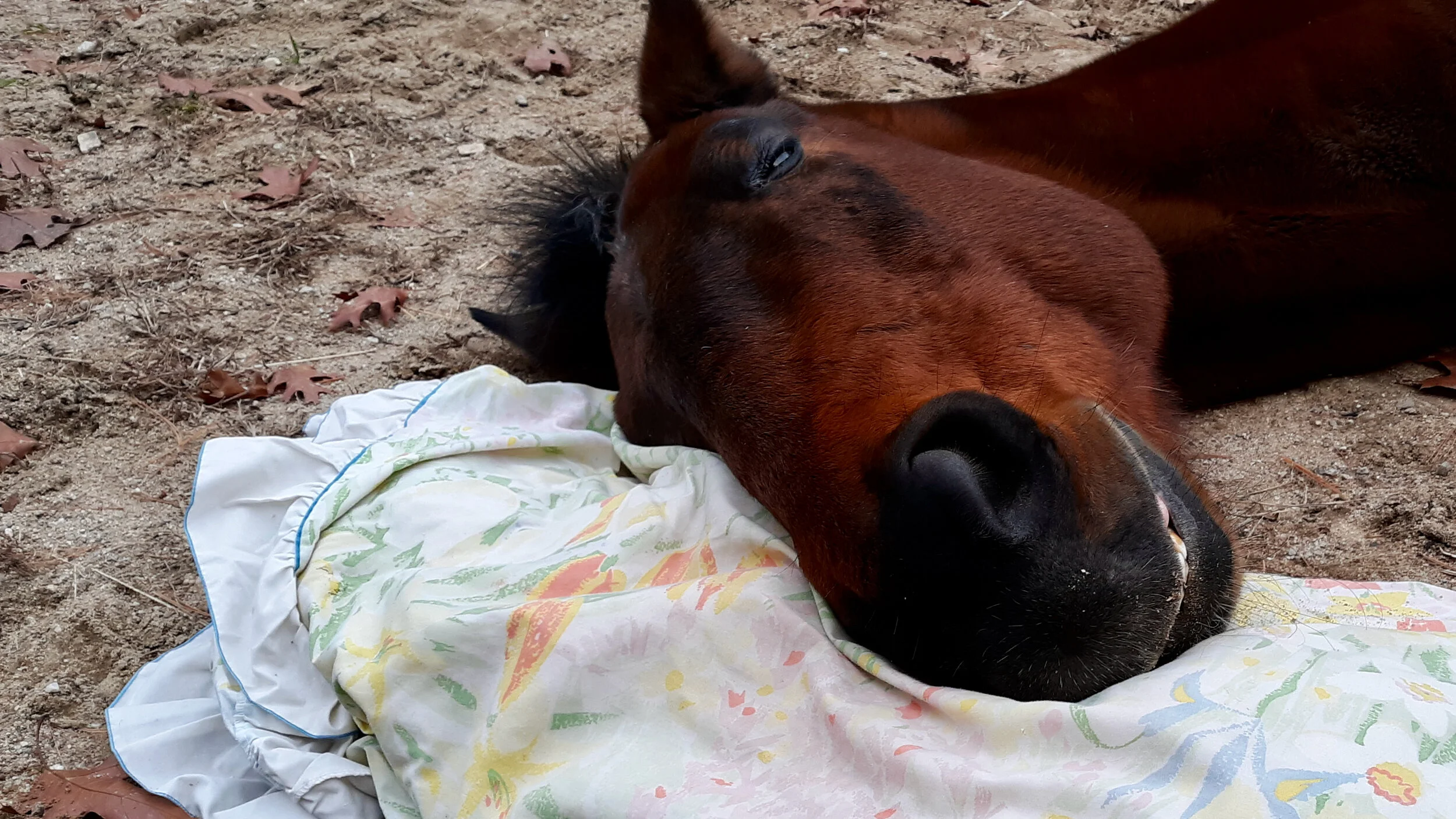If you are a horse owner and succeed at the task of caring well for a horse for life, you must be resourceful, resilient, flexible and tough. Our programming will continue according to Gov. Janet Mills Orders and infection control procedures, like washing hands before touching the horses and prior to returning to your vehicle will become commonplace. The following is an article that appeared in a recent edition of The Village Magazine, thanks to the generosity of Editor Gina Martel.
Horses, Humans and the Coronavirus
Coronavirus is a family of viruses found in some animals which can, in rare cases can be transmitted to humans, with human as vector, then spread person to person. The current outbreak is not a reason to fear animals, but a wake up call to practice basic infection control everywhere including barns and equestrian facilities.
Hand washing, using sanitizer, keeping barns clean by removing waste, including urine and educating people about transmission is the best prevention. People are the ones responsible for actively spreading viruses.
Anywhere animals share space including boarding facilities and animal shelters, increases risk of contamination. Poor practices also increase the risk and spread of infections from person to person and from one animal to another. It's important to make certain that people handling and touching horses, aren't inadvertently facilitating transmission.
According to Dr. Niels Pedersen, a distinguished emeritus professor at the UC Davis School of Veterinary Medicine and a renowned expert on infectious and immunologic diseases in dogs and cats, addresses the question, "Can pets contract coronavirus from humans or vice versa?"
The simple answer is as follows: No, you won’t get or give the coronavirus to your family pet. Coronaviruses occur in virtually every species of animal, including humans, and are commonly associated with unapparent or transient intestinal and respiratory infections. They tend to be very species specific and cross-species transmission is uncommon.
Viral transmission may affects species differently but transmission of illness is similar. Coronavirus affects the respiratory system in humans causing a variety of symptons like the standard flu. In horses, the digestive system is compromised but respiratory could also be affected. As with people, horses can be exposed to viruses and other infections through contact with everyone who handles them.
If uncertain, ask barn managers what precautions they are taking to regularly control the spread of pathogens and promote hygiene. Vaccinations can prevent specific diseases but infection control is a crucial part of good hygiene. In order for this to be accomplished, barns should have hot and cold water available to wash hands as well as sanitizer.
BlixxHorses encourages public & private facilities to learn more, and practice good infection control to protect everyone, including the horses. It's also important to teach children good habits at an early age. It's not enough to have sanitizer available and not use it correctly.
Limit what you touch, and what touches your horse. It's never a good idea to share bits or brushes. Items should be cleaned after each use. Everything that is touched including the horses, aids in the process of transmission of pathogens which could survive for days. Keep in mind that younger children are more inclined to explore with their hands. Practicing good hygiene does not mean less time with your horse, but a safer and healthier environment. They deserve it.







